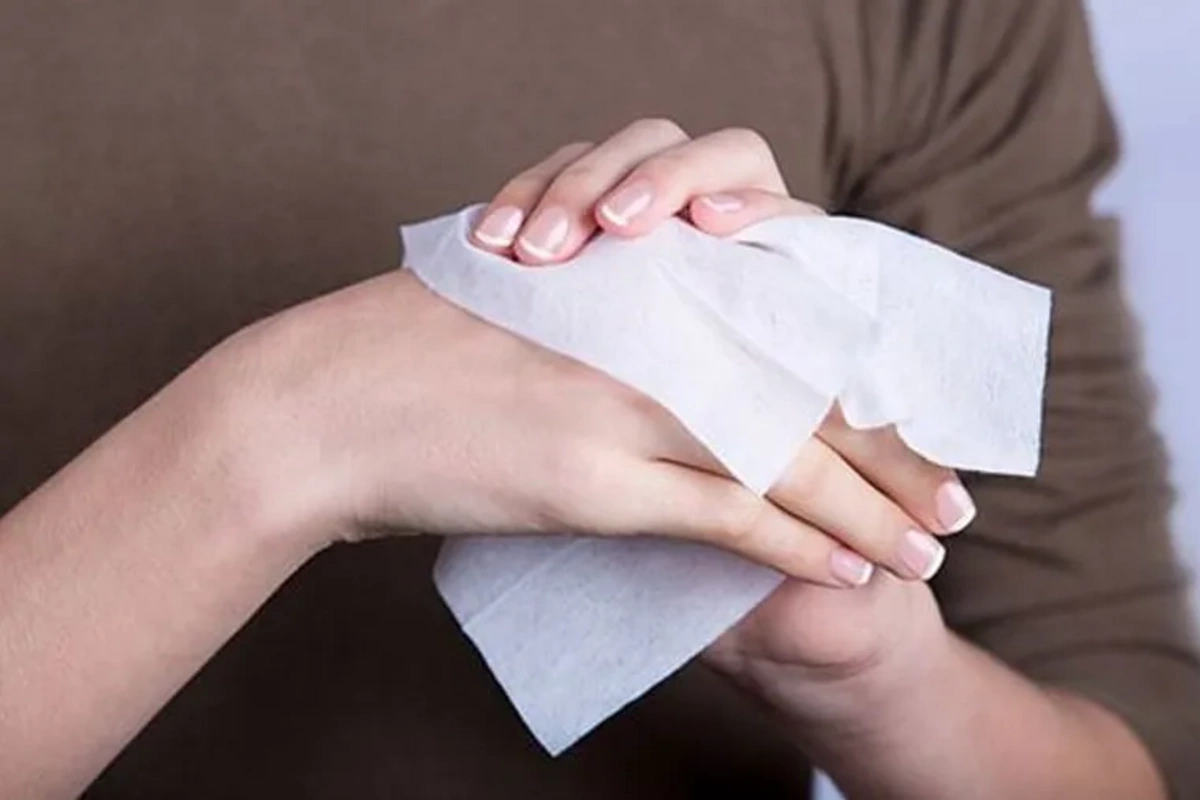What are the health risks of wet wipes?

Wet wipes have long become a part of our daily lives. They are convenient to take on the go, use at home, at work, or in public places. However, behind the seeming harmlessness lie facts that can seriously affect human health.
First of all, it's worth noting the chemical composition. Most wet wipes are impregnated with preservatives, fragrances, and surfactants. These additives help preserve the product longer and give it a pleasant smell, but can cause allergies, skin irritation, and even hormonal disruptions with prolonged use.
Parabens are considered one of the most dangerous components. They are often included in wipes and can accumulate in the body, affecting the endocrine system. Another problematic element is formaldehyde, which is sometimes used in the form of derivative compounds. Even in small doses, it has a toxic effect and increases the risk of developing chronic diseases.
Skin is the largest organ of the human body, and all substances that wipes are treated with penetrate through it. Frequent use leads to the destruction of the skin's protective barrier, resulting in dryness, microcracks, and eventually dermatological problems. Children are especially vulnerable: their skin is much thinner and more sensitive than adults'.
The issue of intimate hygiene deserves special mention. Many people use wet wipes instead of traditional care methods, not suspecting that this disrupts the natural balance of microflora. As a result, inflammation, discomfort, and an increased risk of infections appear.
Another concerning aspect is related to ecology. Most wipes are made from synthetic materials that do not decompose for decades. When they enter the sewage system, they cause blockages, and in landfills, they become a source of toxins that contaminate soil and water.
Thus, wet wipes are not such a safe alternative to soap and water. They can be used in emergency situations, but should not be overused. To maintain health and reduce the burden on the environment, it's better to prefer traditional hygiene methods and choose products without aggressive chemical additives.
Similar News
5 facts about men that every woman should know
Men often seem mysterious, but understanding their psychology and characteristics helps build more harmonious relationships. There are several facts that, when...




 Azərbaycanca
Azərbaycanca  По-русски
По-русски  English
English 






